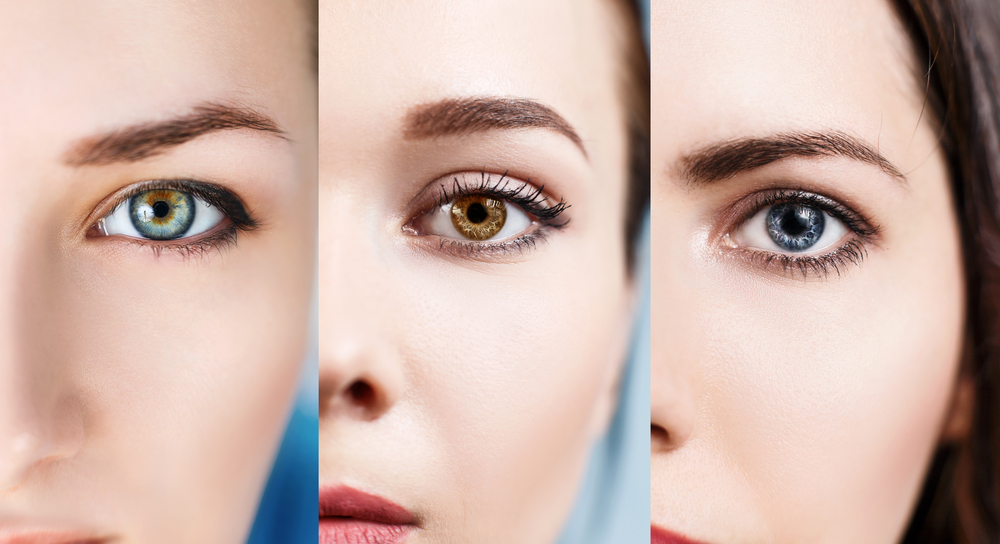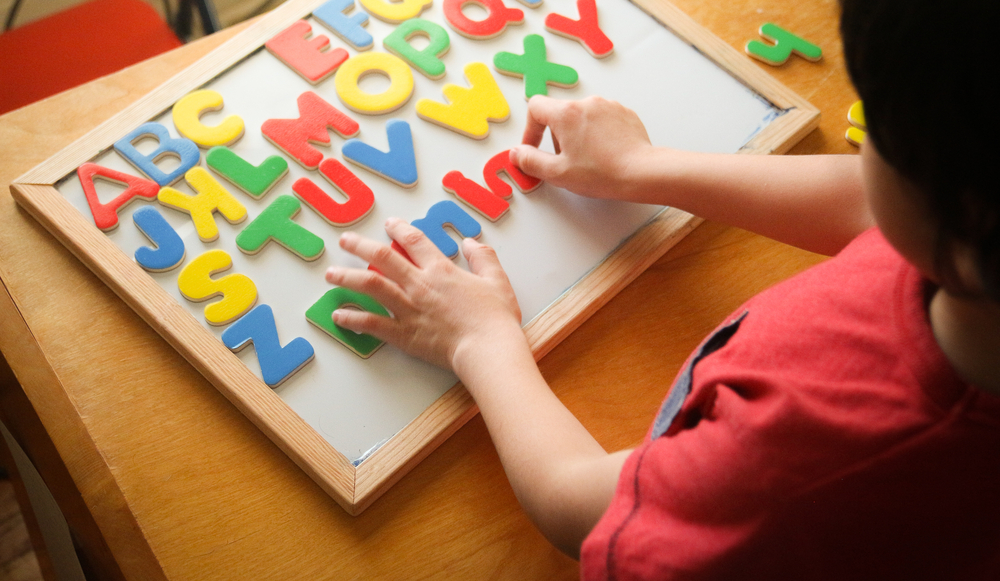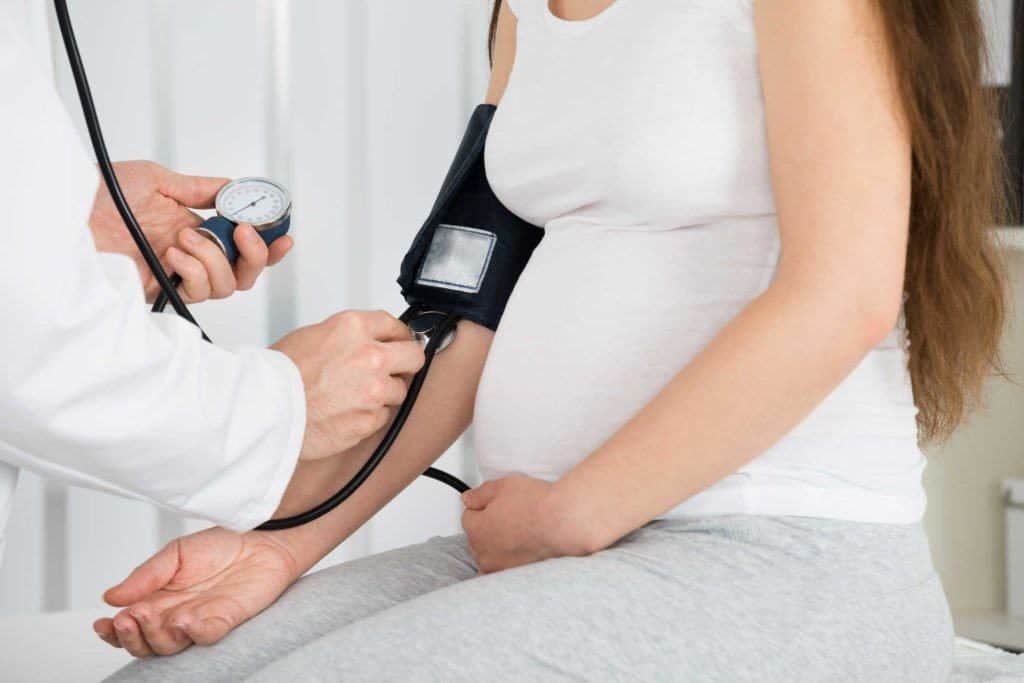Contents:
- Medical Video: Treating Low Blood Sugar | Hypoglycemia | Nucleus Health
- What is glaucoma?
- Why are people with diabetes susceptible to this disease?
- What are the symptoms of glaucoma?
- How do doctors diagnose this condition?
- What are the treatment options for glaucoma?
Medical Video: Treating Low Blood Sugar | Hypoglycemia | Nucleus Health
Glaucoma is an eye disease that causes permanent blindness. Diabetic people who don't control their blood sugar well or whose diabetes stage is quite severe are prone to eye problems.
What is glaucoma?
Glaucoma is damage to the eye nerve caused by high pressure in the eyeball. This increase in pressure occurs because the fluid in the eye cannot flow properly.
The eye nerve is a group of nerve fibers that connect the retina to the brain. When the nerves of the eye are damaged, sending visual signals to convey what you see to the brain is disrupted. Slowly, this causes visual impairment or even blindness.
However, with early treatment, you can routinely protect your eyes from serious vision problems.
Why are people with diabetes susceptible to this disease?
Diabetics are 40% more likely to get glaucoma than healthy people. This is because high blood sugar levels due to diabetes can cause nerve damage throughout the body, including the nerves of the eye.
In addition, diabetic people are also prone to experiencediabetic retinopathy, namely the condition of rupture of blood vessels behind the eye (retina). Diabetic retinopathy increases the risk of glaucoma becauseblood vessels swell abnormally and block the natural drainage of the eye.
Diabetics are also more likely to develop a more specific type of glaucoma, called neovascular glaucoma. New blood vessels that grow due to glaucoma appear in the iris, the colored part of the eye. These blood vessels block the flow of eye fluids, which increases eye pressure.
The longer you have diabetes, the greater the risk of developing eye complications. The risk also increases as you get older.
What are the symptoms of glaucoma?
Early stage glaucoma usually does not cause significant symptoms. It might even be asymptomatic so younot aware of any abnormalities in your eyes.Gradually, visual acuity may begin to be disrupted.
In general, the symptoms and signs you experience will depend on the type of glaucoma you suffer.If there has been a loss of vision, your condition may have entered a severe stage.
How do doctors diagnose this condition?
The only way for doctors to diagnose glaucoma is with a complete and thorough eye examination.Doctors usually give eye drops to dilate your pupils. When your pupils are large enough, the doctor can see the inside of your eyes, including the optic nerve.
The doctor can then do a special test called tonometry to check the pressure of your eyes. Eye pressure can change from day to day. Some people who have glaucoma may even have normal eye pressure.
Therefore, your doctor will need to run other tests to ensure there are abnormalities in the eyes due to diabetes. This test can include:
- Gonioscopy. Use a special lens to see the angle of the eye.
- Optical nerve imaging. Photo or picture laser scanning from the inside of your eyes.
- Check your retina. The retina is a light-sensitive tissue behind your eyes.
- Reflex pupil response. Check how your pupils respond to light.
- Examination slit lamp. Three-dimensional view of your eyes.
- Visual acuity. Test your visual clarity.
- Visual field measurements. Test your field of vision.
What are the treatment options for glaucoma?
This condition is quite difficult to treat.One option is laser surgery to reduce blood vessels. Doctors can also recommend surgery or implants to help drain excess fluid.
In addition, alternative treatments that may also be recommended by the doctor are special eye drops forreduce pressure on the eyes.
Other treatments include:
- Drug consumption Beta blockers (such as betaxolol hydrochloride, levobunolol hydrochloride or timolol)
- Take Prostaglandin Analog drugs (such as latanoprost, Bimatoprost, tafluprost or travoprost)
- Taking medication Anhydrase inhibitors carbonate (such as brinzolamide or dorzolamide)
- Alternative medicine including laser treatments (laser iridotomy) and surgery trabeculectomy
- Use a laser without pain to open the channel where fluid flows out
- Your doctor will be able to advise you about the drops that are most suitable for your condition.
You should check your eyes at least once a year if you are diagnosed with diabetes.
Hello Health Group does not provide medical advice, diagnosis or treatment












